On September 11, 1973, General Augusto Pinochet staged a coup d’état in Chili against the socialist president Salvador Allende. What came next was a dictatorship that in 17 years tortured thousands, left 3,200 murdered and 1,162 missing. Today the country commemorates the 50th anniversary of the breakdown of democracy with a strong division and with the figure of the coup plotter on the rise among public opinion.
The traditional Chilean right, which is grouped in the coalition Chile Let’s goalready said on Wednesday that he will be absent from the official commemorative events this Monday and that he will not sign the declaration in favor of democracy promoted by the president Gabriel Boric. The same announcement was made by the extreme right of the Republican Party.
LOOK: What the documents declassified by the US say about the hours before the coup d’état in Chile
Those who did sign that declaration were the former presidents Sebastián Piñera, Michelle Bachelet, Ricardo Lagos and Eduardo Frei.
Only Bachelet will attend the official ceremony this Monday. Piñera declined the invitation on Wednesday, while Lagos and Frei, both heads of state during the Concertationthe coalition that led the transition after the end of the dictatorship, had declined before.
The text driven by Boric It includes four points: “care for and defend democracy”, “face the challenges of democracy with more democracy”, “the defense and promotion of human rights” and “strengthen collaboration between States”.
Chile Let’s go responded to Boric presenting their own text, without mentioning the dictatorship or the coup d’état, and insisting on also condemning what they consider “the violations of fundamental rights” that occurred during the Popular Unity Government of Salvador Allende.
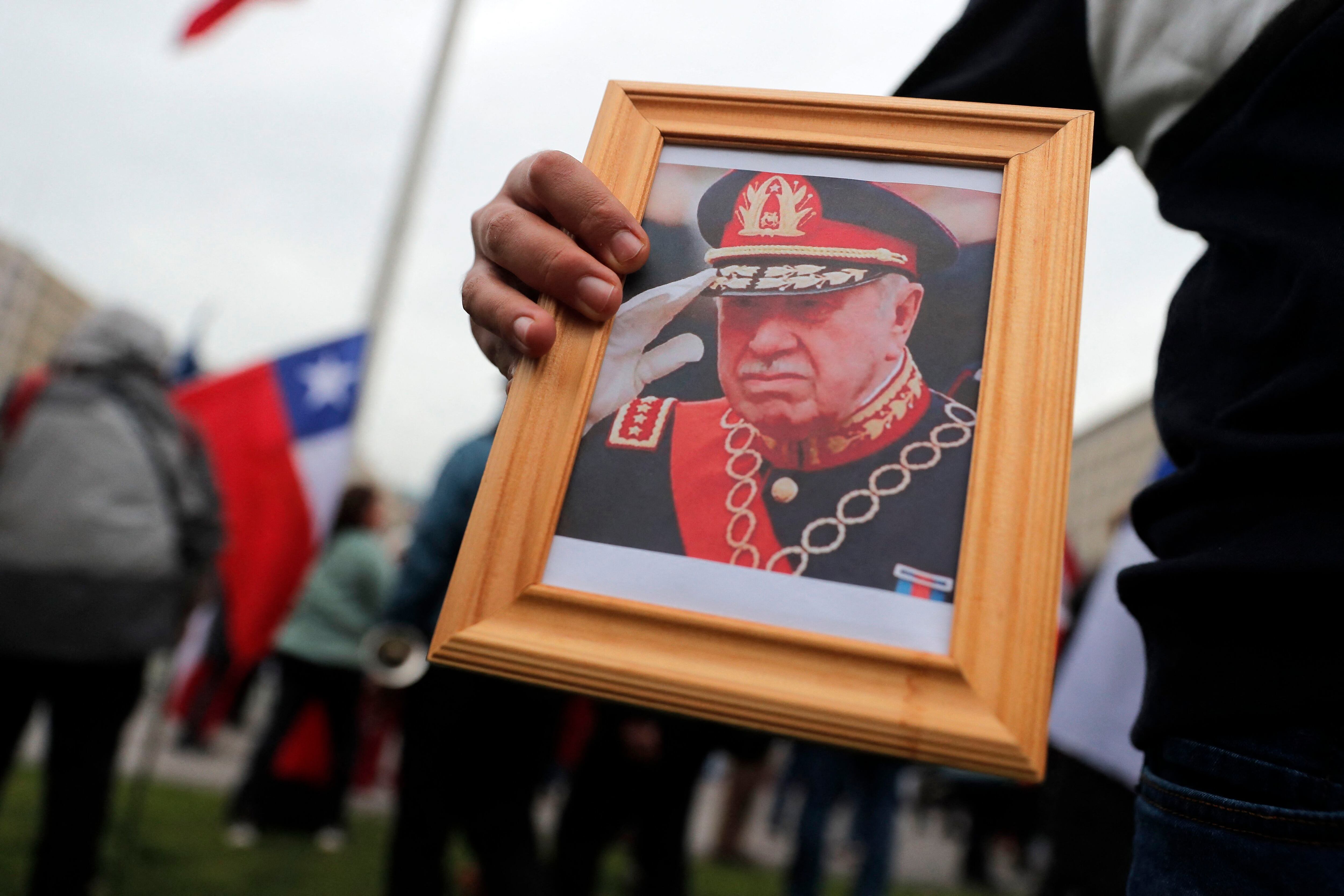
On March 11, 1990, Pinochet handed over power after losing a plebiscite he lost, but he remained at the head of the army for another eight years. In addition, he was a senator for “life” until 2002.

In May of this year, a survey by the prestigious firm Cerc-Mori titled “Chile in the shadow of Pinochet” surprised the country: 36% of those surveyed considered that the Armed Forces “were right to carry out the coup d’état”. Just 10 years ago, 18% justified the coup. And in 2013, when 30 years passed since the coup, it was 16%.
In the same survey from May 2023, 41% pointed out that the military “is never right” for a coup d’état.
The figures reflect a changing public opinion in Chile. Cerc-Mori has asked the same question for the last 20 years: In 2003, 46% said “there is never a reason to take a coup,” the figure rose to 65% in 2006, dropped to 54% in 2009, and rose to 68% in 2013.
Furthermore, in the latest survey of Cerc-Mori 39% of those consulted answered that Pinochet modernized the country and 20% saw him as the best ruler of the 20th century.
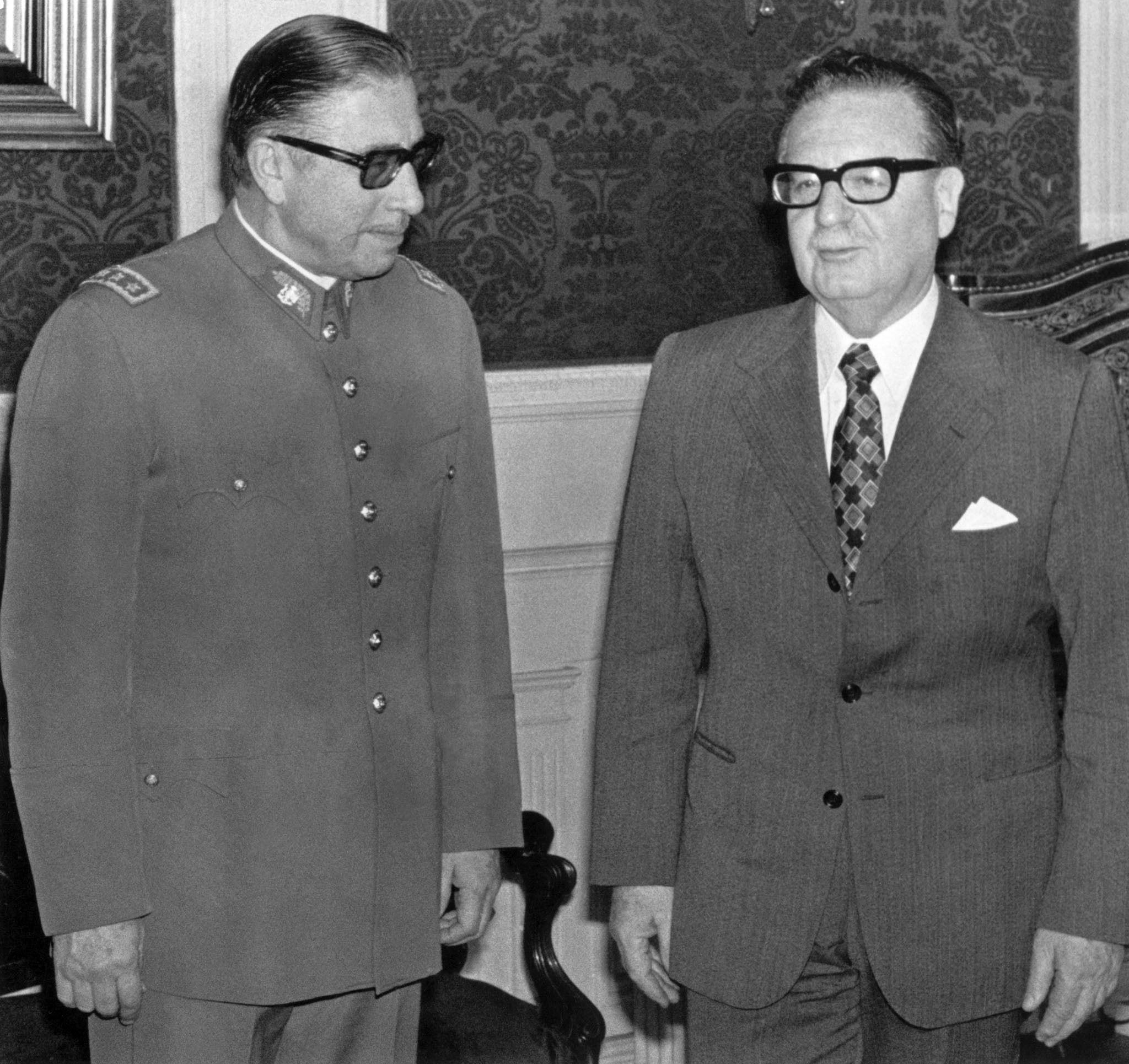
Martha Lagosdirector of the regional pollster Latinobarómetro and founder of Mori Chile, told El Mostrador that There is no definitive position among those surveyed regarding the Pinochet dictatorship.
“The transition validated Pinochet,” said Lagos, referring to the first governments that alternated power in Chile since 1990.
He remembered that Pinochet He left power in March 1990 and immediately became commander in chief of the Army until 1998, which did not allow him to confront the atrocities experienced during the dictatorship.
“We have been very tolerant with those who came from the dictatorship. Here there are countless people who participated in important political positions during the dictatorship and who continued to try to represent the people in democracy. That has not happened in any other dictatorship… In other countries you do not find ministers of the dictatorship serving as senators, nor former undersecretaries of the dictatorship being mayors. My conclusion, with this study, is that we have validated Pinochet”Lagos noted.
For Andrés Gómez de la Torrea specialist in Defense issues, unlike the military dictatorships of Argentina and Peru, which had disastrous statist and interventionist economic management, Pinochet He had some success in economic matters due to the plan and the team he formed starting in 1974, hence his high acceptance in the last survey.
“There is a reminiscence because the economy was finally stabilized and there were some development indicators, and that compared to other military governments made the difference. It was very clear. And when La Concertación comes to power with Patricio Aylwinthis says growth with equity, but it does not touch very deeply on the economic model established by Pinochet, but instead wants to give it a social content, but it failed in that purpose of seeking social equity in the face of economic growth.”indicates Gómez de la Torre in dialogue with Trade.
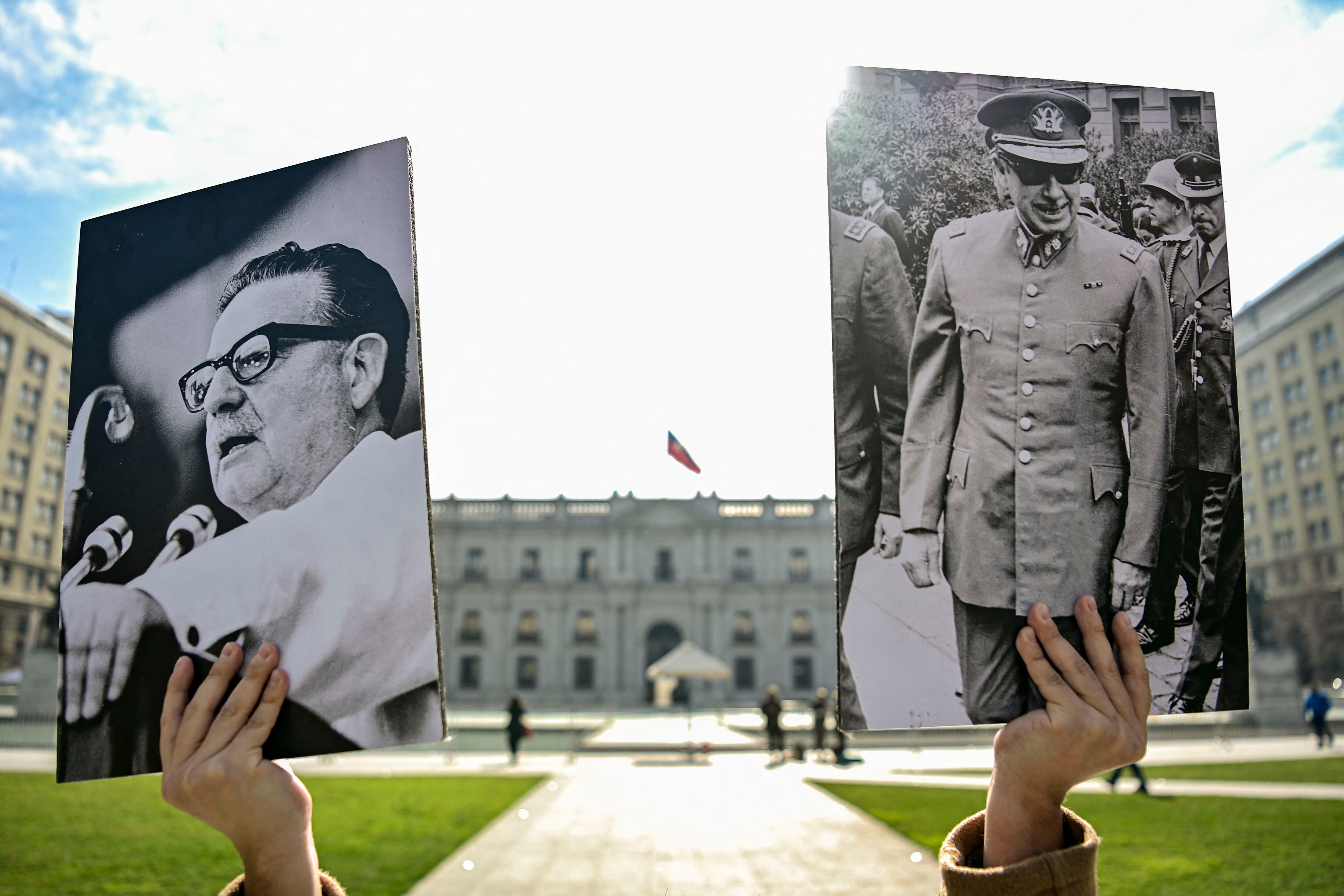

Pinochet died in 2006 without ever going to jail.. He was never sentenced for the crimes of the dictatorship. When he died he was 91 years old and was under house arrest for three cases of human rights violations and one of embezzlement of public funds.
Only since 2000 did complaints of kidnappings, rapes, murders and torture during the dictatorship begin to be investigated in depth.
Currently, some 250 soldiers are imprisoned for human rights violations.
And this year the Supreme Court issued final rulings in emblematic cases such as the “Death Caravan” and the murder of the singer-songwriter Victor Jaraoccurred in 1973.
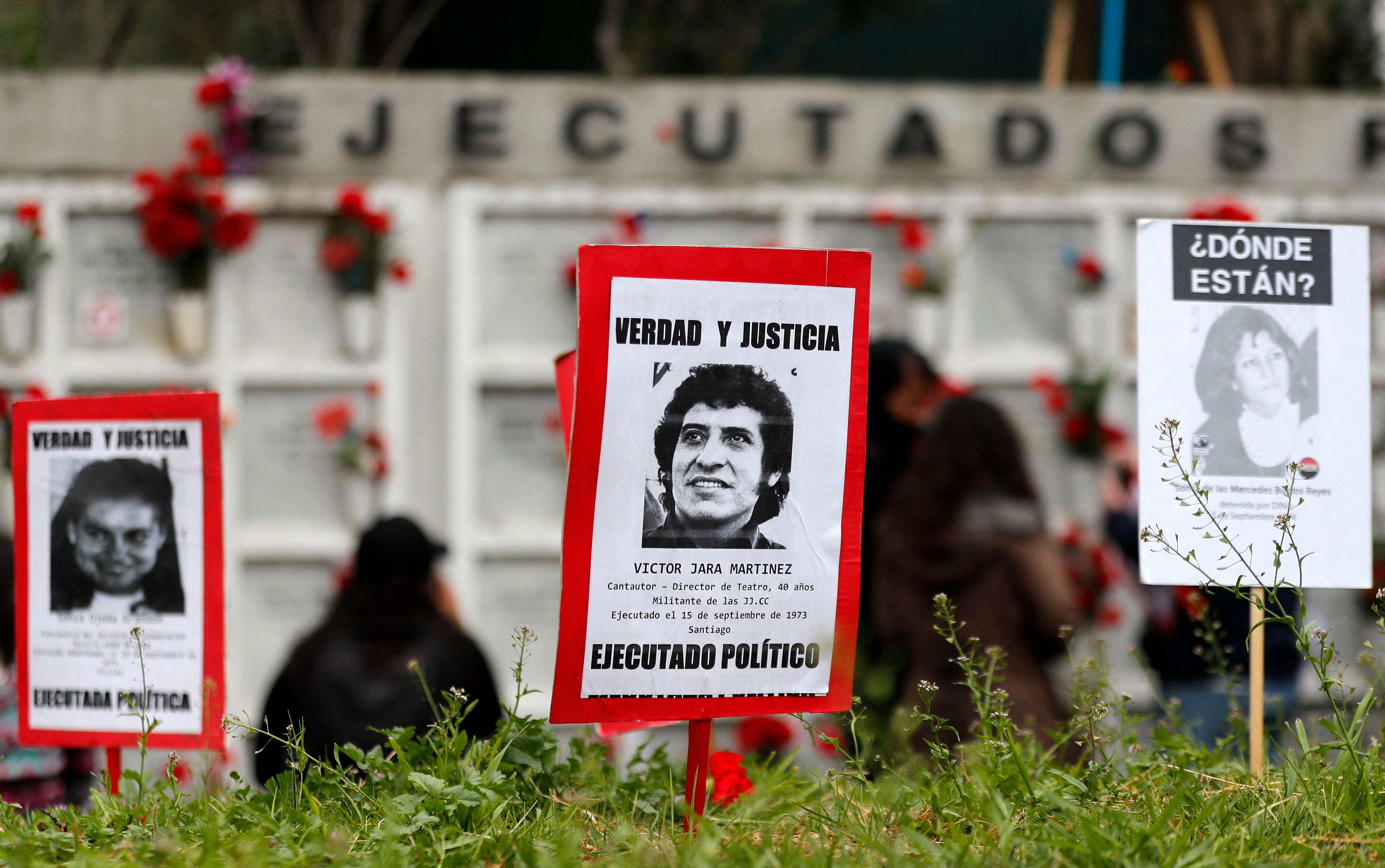
For Octavio Avendañopolitical scientist and academic at the University of Chile, Justice for human rights violations is a pending task.
“There is still a long way to go, starting because the sectors of the right that were ultimately complicit in everything that happened have never made a recognition and self-criticism, nor have they assumed responsibility. There are sectors of the Armed Forces that have not wanted to collaborate in clarifying the disappearances.. So, in terms of justice, I think there is a lot missing. However, public discourse falls into a simplification that we must move towards greater reconciliation, But how is reconciliation without justice possible? There is much ahead here and many pending tasks left by the authoritarian experience and that is why the commemoration of 50 years is so strong and has such a notable connotation.”says Avendaño in dialogue with Trade.
Andrés Gómez de la Torre indicates that on the issue of human rights and Pinochetthe president’s motto Patricio Aylwin It was justice to the extent possible, because it was very difficult to lead that transition.
“We must remember that Pinochet He could not be removed from the general command of the army by the president when requested. He said that the best guarantee for the stability of his government was his permanence as commander in chief. In Chile in the 90s it was impossible to think of a kind of ‘Argentinization’, that is, what Raul Alfonsin With the immediate trials of the military junta, there was no way to do it. The Chilean military, unlike the Peruvian and Argentine military, emerged quite strengthened with the transition to democracy. Justice was not served because Aylwin was very tied up. “It was a very complex transition, in slow motion from a political point of view due to the de facto powers that the military retained”says Gómez de la Torre.
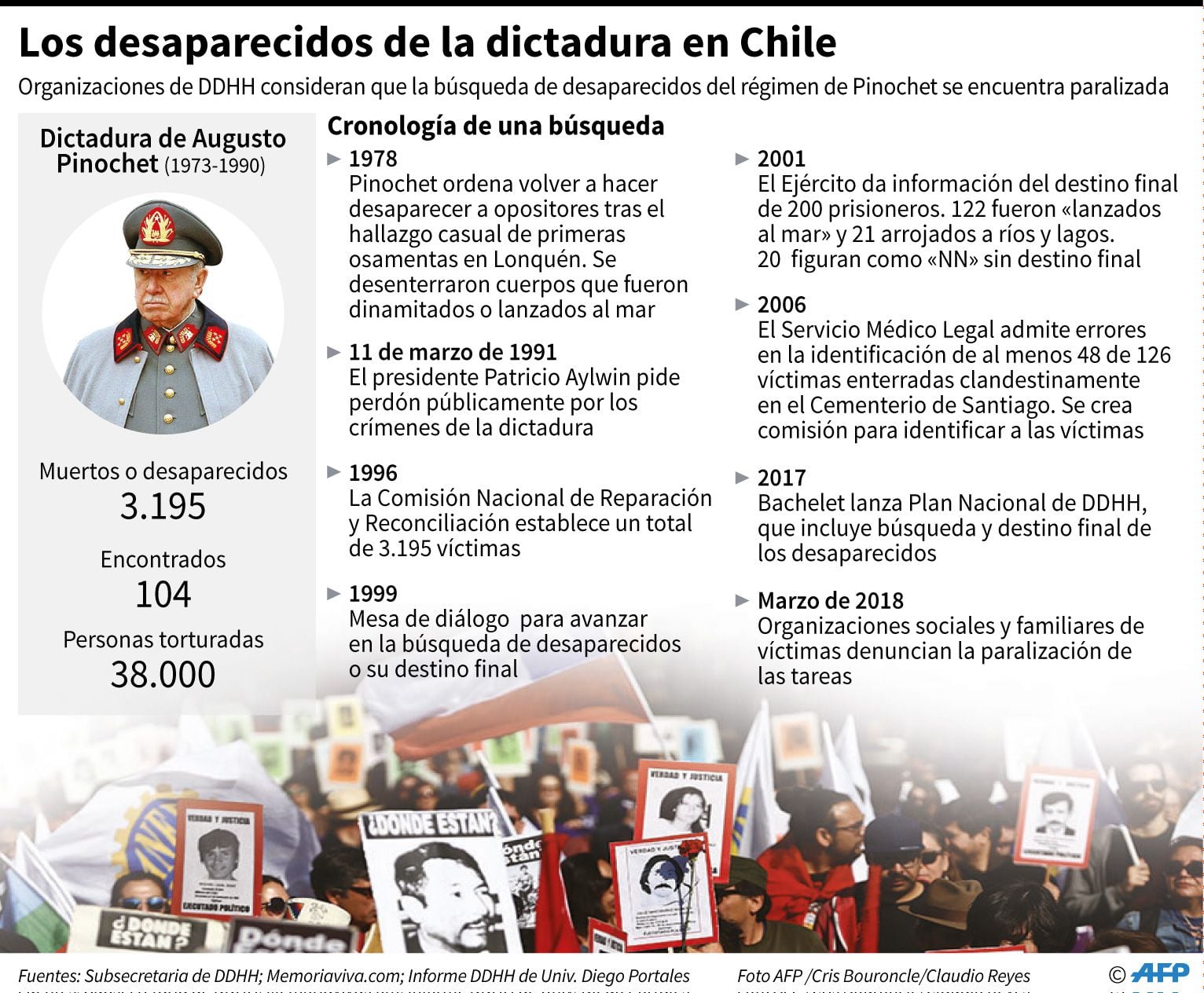
Source: Elcomercio
I am Jack Morton and I work in 24 News Recorder. I mostly cover world news and I have also authored 24 news recorder. I find this work highly interesting and it allows me to keep up with current events happening around the world.

:quality(75)/cloudfront-us-east-1.images.arcpublishing.com/elcomercio/LQ4YJNYY4FAVXHQSEB5XKM6CWA.jpg)

:quality(75)/cloudfront-us-east-1.images.arcpublishing.com/elcomercio/26AOUSK5XBHAJPRQSMGDGUDS3U.jpg)
:quality(75)/cloudfront-us-east-1.images.arcpublishing.com/elcomercio/3FLHDJZSIJGIHHRYPDQEFMUAHI.jpg)
:quality(75)/cloudfront-us-east-1.images.arcpublishing.com/elcomercio/TONODUFIVRA6RDMYJRJMA27ABY.jpg)
:quality(75)/cloudfront-us-east-1.images.arcpublishing.com/elcomercio/QHKJOET33FBKPGTR2B2Y53JYMI.jpg)
